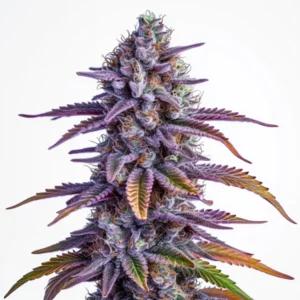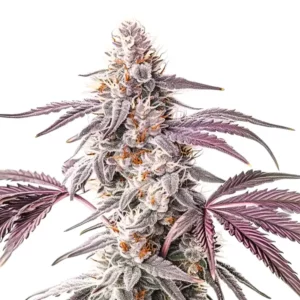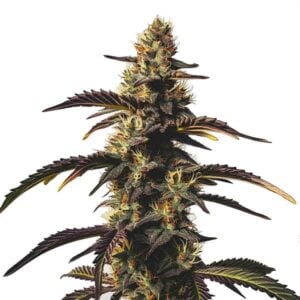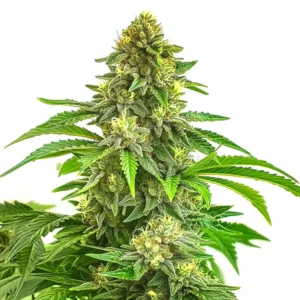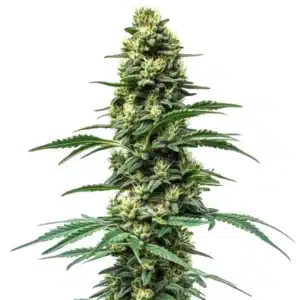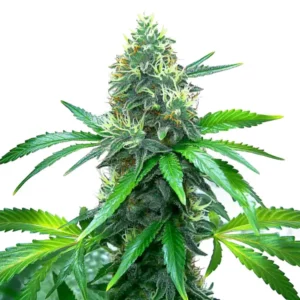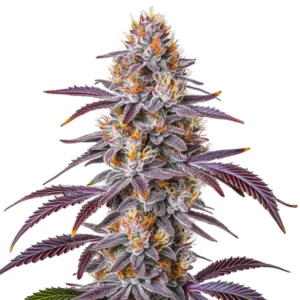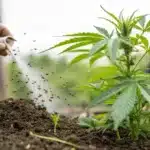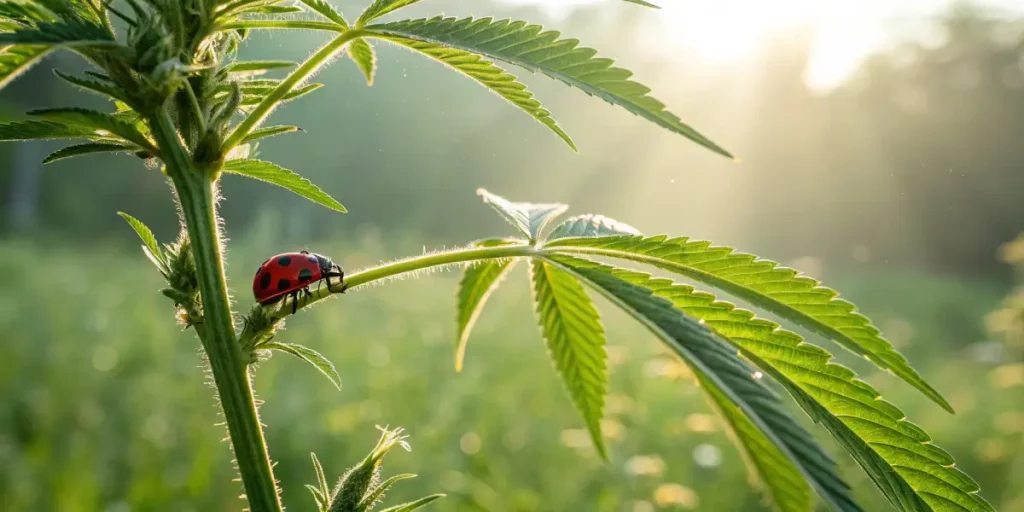
Aphid Warfare: A Strategic Guide to Protecting Your Cannabis
You walk into your grow room, and your heart sinks. You see them. Tiny green, black, or yellow dots clustered on the stems and, the dead giveaway, on the underside of the leaves. You’ve got aphids.
Before you panic, I want you to switch your mindset. You’re not a gardener anymore. You’re a general, and you need a battle plan. And the first rule of warfare is to know your enemy.
Recommended Strains
Glookies
|
|
THC | 22% - 25% (Medium) |
|
|
Type | Feminized |
|
|
Yield | High |
|
|
Phenotype | 70% Indica / 30% Sativa |
Glookies Autoflower
|
|
THC | 22% - 25% (Medium) |
|
|
Type | Autoflowering |
|
|
Yield | High |
|
|
Phenotype | 70% Indica / 30% Sativa |
Know Your Enemy: The Real Danger of Aphids
Here’s the truth most guides miss: a few aphids won’t kill your plant just by sucking its sap. They’re annoying, but they’re not that powerful. The real danger is what comes out of their other end.
Aphids excrete a sticky, sugary substance called “honeydew.” This sweet garbage coats your leaves and is the perfect food for a nasty, black fungus called sooty mold. This mold will spread across your leaves, block them from absorbing light, and effectively suffocate your plant. The aphids are the gateway pest; the mold they bring is the killer.
Promos & Deals
The Indoor Paradise: Why Your Grow Room is Vulnerable
Outdoors, nature keeps aphids in check. Ladybugs eat them, and strong winds and hard rains knock them off the plants. But your indoor grow room? It’s a paradise for them. No predators, no wind, no rain. It’s a climate-controlled, all-you-can-eat buffet where an infestation can explode with terrifying speed. That’s why your defense has to be strategic.
Your #1 Weapon: Make Your Garden an Unfriendly Place
Aphids are weak. They are terrible flyers and they hate a strong breeze. Your most powerful weapon, especially indoors, is aggressive air circulation. Crank up those oscillating fans. Make sure your exhaust fan is pulling air effectively. If your leaves are constantly dancing and trembling in the breeze, it makes it incredibly difficult for aphids to land, get comfortable, and start a family. This is your first and best line of defense.
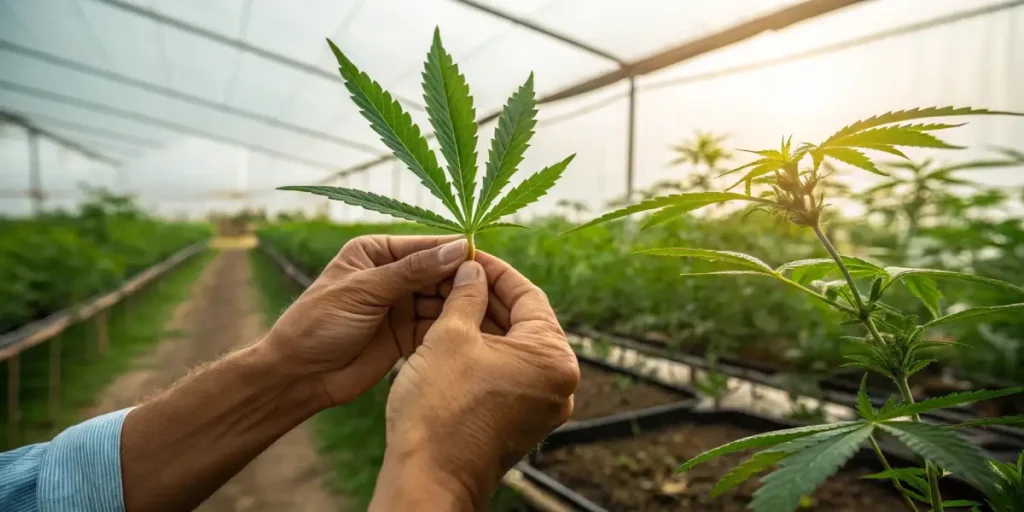
The Battle Plan: Search and Destroy
If they’ve already established a beachhead, it’s time for direct action.
1. The Hiding Spot: Remember, aphids nest and lay their eggs on the underside of the leaves. If you only spray the tops of your plants, you are completely missing their headquarters.
2. The Right Weapons: A simple spray bottle with water and a few drops of natural insecticidal soap or neem oil is your go-to weapon. When you spray, be meticulous. You must drench the entire plant, paying special attention to hitting the underside of every single leaf.
3. The Rules of Engagement: If you feel you must resort to stronger chemical pesticides (and I strongly advise against it), you must follow one sacred rule: Chemicals are for the vegetative stage ONLY. Never, EVER spray anything other than pure water on a plant that has started to flower. You do not want to smoke or ingest those chemicals.
Vigorous strains like Critical Mass Auto, OG Kush, or Blue Dream are great choices because their strong will to Thrive means they can better withstand the stress of an aphid attack while you execute your battle plan. Your job is to Nurture a strong plant and Cultivate an environment where enemies simply cannot win.ossible, allowing you to focus on optimizing other aspects of the cultivation process.
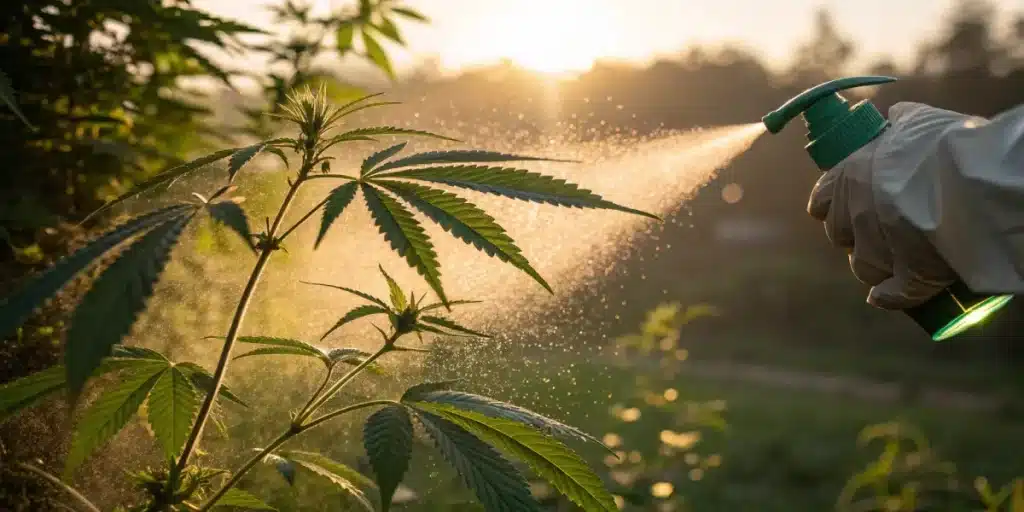
FAQs of how to get rid of aphids on cannabis plants
What is the real danger of having aphids on my cannabis?
The aphids themselves aren’t the main threat. The real danger is their excrement, a sugary goo called “honeydew.” This honeydew drips all over the leaves and becomes the perfect food for a black, sooty mold that can cover your plant’s leaves, blocking light and effectively suffocating it.
What is the best way to prevent aphids in an indoor grow room?
Aggressive air circulation. Aphids are weak flyers and hate turbulent air. Keeping your leaves constantly dancing with oscillating fans and strong ventilation makes it very difficult for them to land, settle, and establish an infestation. It’s the most effective preventative measure you can take.
Where do aphids hide and lay their eggs on the plant?
Their favorite place is the underside of the leaves. It’s sheltered and hidden. Any effective treatment plan, like spraying with neem oil or insecticidal soap, must involve thoroughly soaking the bottom of every leaf, not just the top.
Is it ever safe to use chemical pesticides on my cannabis plants?
Only as an absolute last resort, and ONLY during the vegetative or growth phase. You must never spray chemical pesticides on a plant that has started to form buds or flowers. The risk of those chemicals ending up in your final product is too high.



